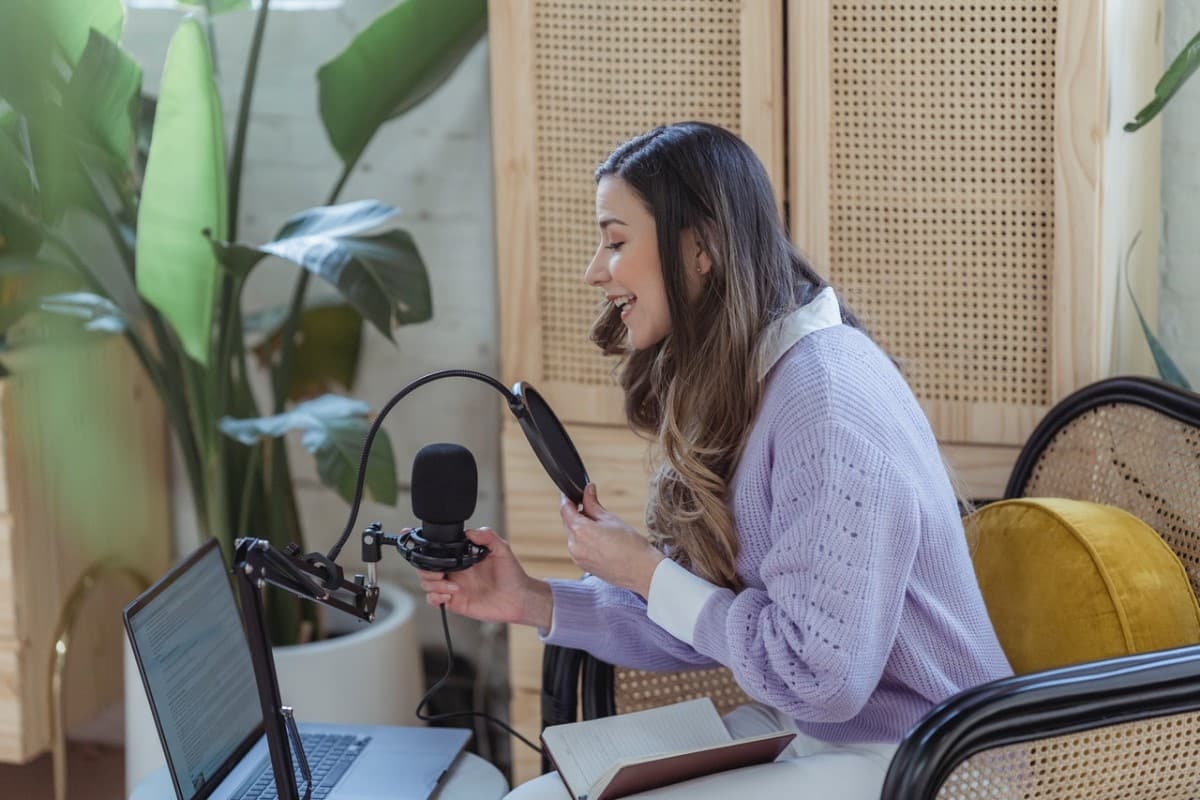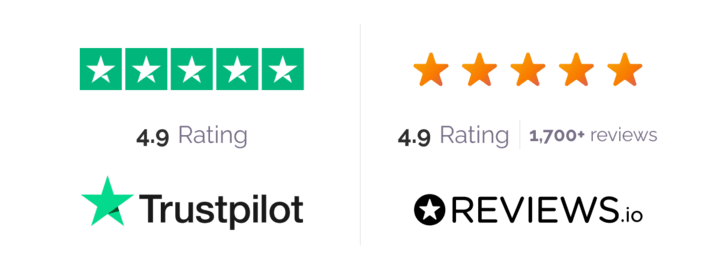Are you ready to dive into the world of professional podcasting? Before you can do that, you must first learn how to start making money as a podcaster and what it takes to go from hobbyist to pro.
Signs It’s Time to Go Pro
Signs it’s time to get out of hobby status and go pro as a podcaster include, but aren’t limited to:
- You’re making full-time income from sponsorships and product sales, and the income is high enough to require paying the Tax Man
- Your podcast is gaining a strong following, and your downloads and subscriptions are increasing regularly
- You are constantly thinking about and filling your editorial calendar with podcast ideas
- You’ve created a smooth podcasting workflow complete with episode scheduling and batching
- You have a business plan for your podcast
- You’re becoming known as an expert/contributor in your niche
- You’re a self-starter that is disciplined enough to keep going even when things get tough
Now that you know the signs it’s time to get serious about making money as a podcaster, how do you officially go from hobbyist to pro?

Steps to Making Money as a Podcaster and Going Pro
1. Decide and Commit
If you read our guide on How to Start a Podcast, or have been in the game a while, you already know that podcasting is a lot of work.
You have to make the decision and commit to releasing episodes regularly, managing all the tasks, and engaging with your audience if you’re serious about doing this full-time.
Unfortunately, not everyone has what it takes to be a professional. In fact, some people have been doing it for years and still aren’t making money as a podcaster.
2. Make a Plan for How You’ll Make Money
If you’re not making money, you don’t have a business. You have a hobby.
You need to monetize either with sponsorships or products. And, you need to sell on a consistent basis.
This means doing things like:
- Creating strong calls to action for your episodes that will bring in revenue
- Starting and growing your email list
- Developing and launching a website for your podcast
3. You May Need to Incorporate
Though being a professional podcaster doesn’t require being incorporated, some people choose to do so for tax and liability reasons.
We suggest you consult an attorney, tax advisor, and other professionals to help you make your decision about whether to be a sole proprietor, an LLC, or start an S-corporation/C-corporation.
4. Lock Down the Legal Stuff
Even if you don’t get incorporated, you will need a few things to protect yourself as a professional podcaster:
- Privacy policy on your website
- Disclaimers that protect you from GDPR and CCPA issues
- A podcast guest release form
You may also want to consider trademarking your podcast name and filing other copyright documents to protect your intellectual property.
Start Your Podcast Today
RSS.com is the easiest way to start, grow, and monetize your podcast. With unlimited episodes, downloads, a free website for your podcast, monetization options, and distribution to major podcast directories, you’ll have everything you need to succeed. 🙌
Start your podcast today for free. No credit card required.

5. Invest in Better Equipment
As you get more serious about your podcasting business, you need to invest in better equipment.
While it’s true you can start your show on a shoestring budget, pros know that getting nicer microphones, editing and recording software, headphones, and other equipment will help them produce a more professional sound.
You should also improve your studio for recording. Things like acoustic panels can prevent echos and produce a better sound.
6. Invest in a PAID Podcast Host
If you are not currently paying for podcast hosting, we strongly recommend getting a paid account with a reputable host before turning your podcast into a business.
Free podcasting services come with limitations that might not be obvious at first including limitations on storage, owning the rights to your content, and full control over how your podcast is monetized.
With a paid account, your intellectual property is better protected, and you’ll typically enjoy more storage and control over your show.
Pro Tip
Check out our 2021 podcast hosting review and compare features and pricing of the most popular podcast hosting platforms.
7. Run the Numbers Before Going All In
Aaron Mahnke, creator of the Lore podcast, told Forbes that there is a target number you should be going for to go pro.
He said, “You total up how many bills you have to pay for that month, add on 25% for taxes, and that’s your target amount.”
But is that enough for you to quit your day job and go all in with podcasting full-time? Maybe, maybe not.
Small Business Trends said, “As a general rule, you should set aside at least six months of living expenses before quitting your day job and running a startup.”
However, they also admit that “Different strokes work for different folks.”
Some people thrive on the idea of having no safety net. Others feel better making money as a podcaster well before leaving their nine to five.
Of course, your choice will be completely up to you, and your unique situation.
Whatever you decide, we hope this post has at least inspired you to start looking seriously at becoming a professional podcaster. The world needs your show, and you deserve to be paid for your efforts.



